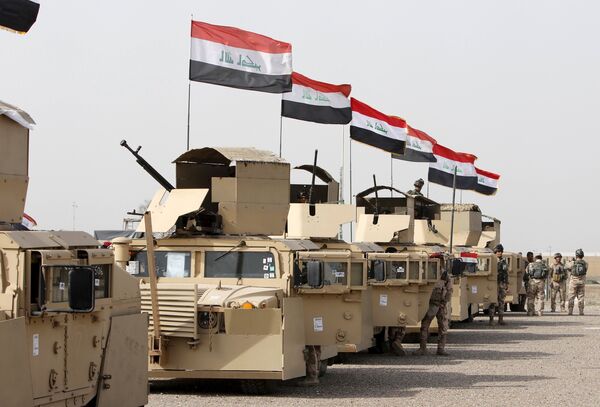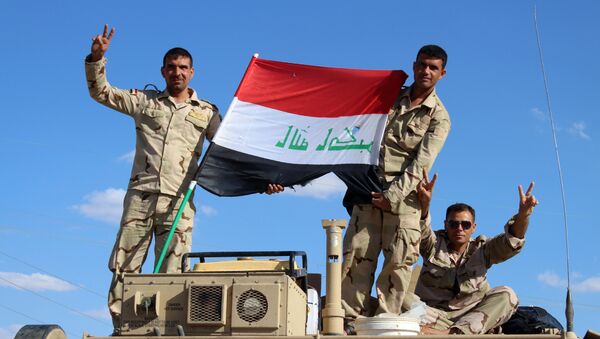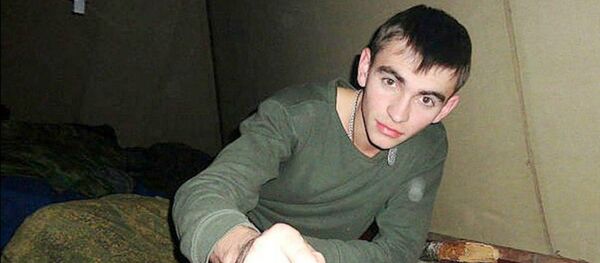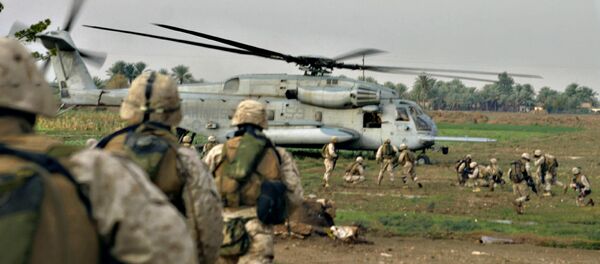On March 27, the Syrian Arab Army announced that the ancient city world-famous for its magnificent ruins was free after a month-long offensive against the terrorist group. The victory has been largely seen as a major blow to the militants.
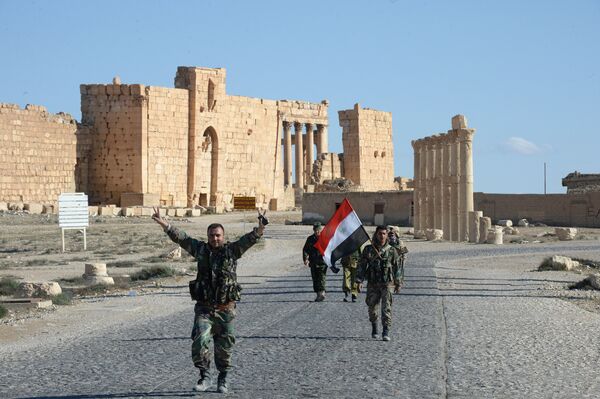
The Syrian Arab Army, assisted by Russian warplanes and its local allies, could now focus on freeing the city of Deir ez-Zor and Daesh's de facto capital of Raqqa, the Iraqi politician observed. These victories will help to secure the Syrian-Iraqi border, as well as provide a significant boost to the morale of the Iraqi security forces.
The victory in Raqqa will also "give an opportunity to cut supplies from Daesh and make the areas which lead from Syria to Mosul safe, and other northern areas like Saladin and Anbar," al-Saraj explained.
The Iraqi security forces had their Palmyra moment in December 2015 when they liberated Ramadi, the capital of the Anbar province. An operation to free another major urban center in Anbar is currently underway. On Saturday, Baghdad-led forces and their allies rescued approximately 1,500 civilians from an underground Daesh prison in the city of Hit, alternatively spelled as Heet.
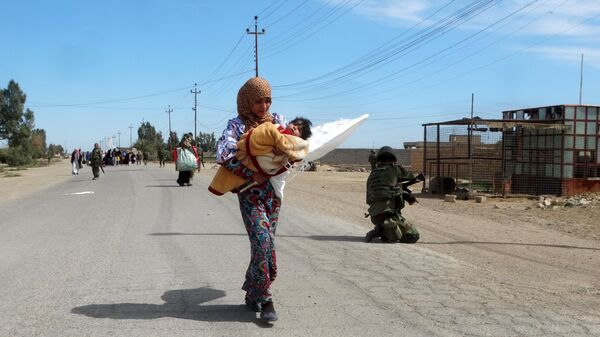
In March, the IHS Conflict Monitor released an analysis saying that the self-proclaimed caliphate had shrunk by 22 percent in the last 15 months. Al-Saraj confirmed that the Iraqi security forces have freed four provinces and area advancing towards Mosul, the key Daesh stronghold in the country.
"It is clear that Daesh started retreating and withdrawing in a disorganized way. It lost a lot and is incapable of regaining anything in Iraq. The cities that have been freed witness development and vitality now," Al-Saraj asserted.
Mosul and Raqqa are the two major Daesh strongholds. Should the group lose them, its reign of terror in Iraq and Syria could well be over.
